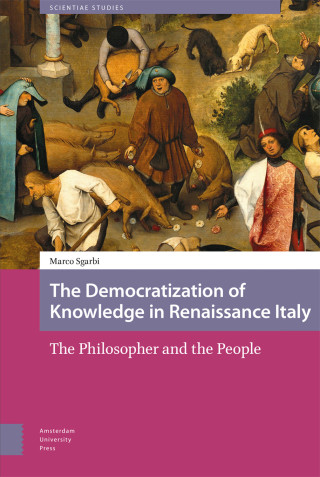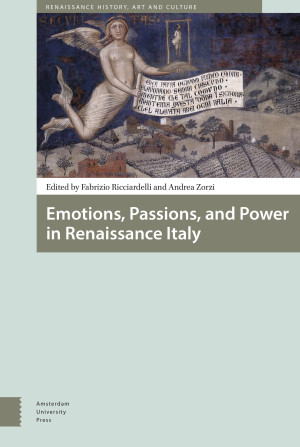Emotions depend on language, cultural practices, expectation and moral beliefs. Hate, fear, cruelty and love are always turning history into the history of passion and lust, because emotional life is always ready to overflow intellectual life. This fascinating study of emotion in Renaissance Italy shows that emotions are built and created by the society in which they are expressed and conditioned. The contributors examine, among others, the emotional language of the court, around public execution, religious practices and during outbreaks of disease.

